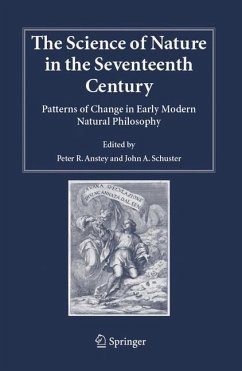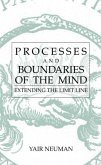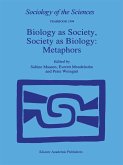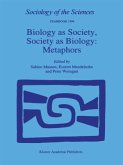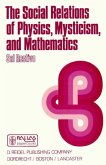One of the hallmarks of the modern world has been the stunning rise of the natural sciences. The exponential expansion of scientific knowledge and the accompanying technology that so impact on our daily lives are truly remarkable. But what is often taken for granted is the enviable epistemic-credit rating of scientific knowledge: science is authoritative, science inspires confidence, science is right. Yet it has not always been so. In the seventeenth century the situation was markedly different: competing sources of authority, shifting disciplinary boundaries, emerging modes of experimental practice and methodological reflection were some of the constituents in a quite different mélange in which knowledge of nature was by no means p- eminent. It was the desire to probe the underlying causes of the shift from the early modern 'nature-knowledge' to modern science that was one of the stimuli for the 'Origins of Modernity: Early Modern Thought 1543-1789' conference held in Sydney in July 2002. How and why did modern science emerge from its early modern roots to the dominant position which it enjoys in today's post-modern world? Under the auspices of the International Society for Intellectual History, The University of New South Wales and The University of Sydney, a group of historians and philosophers of science gathered to discuss this issue. However, it soon became clear that a prior question needed to be settled first: the question as to the precise nature of the quest for knowledge of the natural realm in the seventeenth century.
Aus den Rezensionen: "... Es gehört nun zur hohen Qualität dieses Bandes, dass alle Beiträge dem zugrundeliegenden methodischen Ansatz und der thematischen Intention gerecht werden ... Der Band wird seinem Anspruch, die 'patterns of change in Early Modern Natural Philosophy' zu beschreiben und zu analysieren, in hohem Maße gerecht. Die Beiträge sind ausgesprochen konstruktiv und nehmen erfreulicherweise vielfach Bezug aufeinander, so dass eine für einen Sammelband selten anzutreffende Kohärenz entsteht ..." (http://www.sehepunkte.de)

